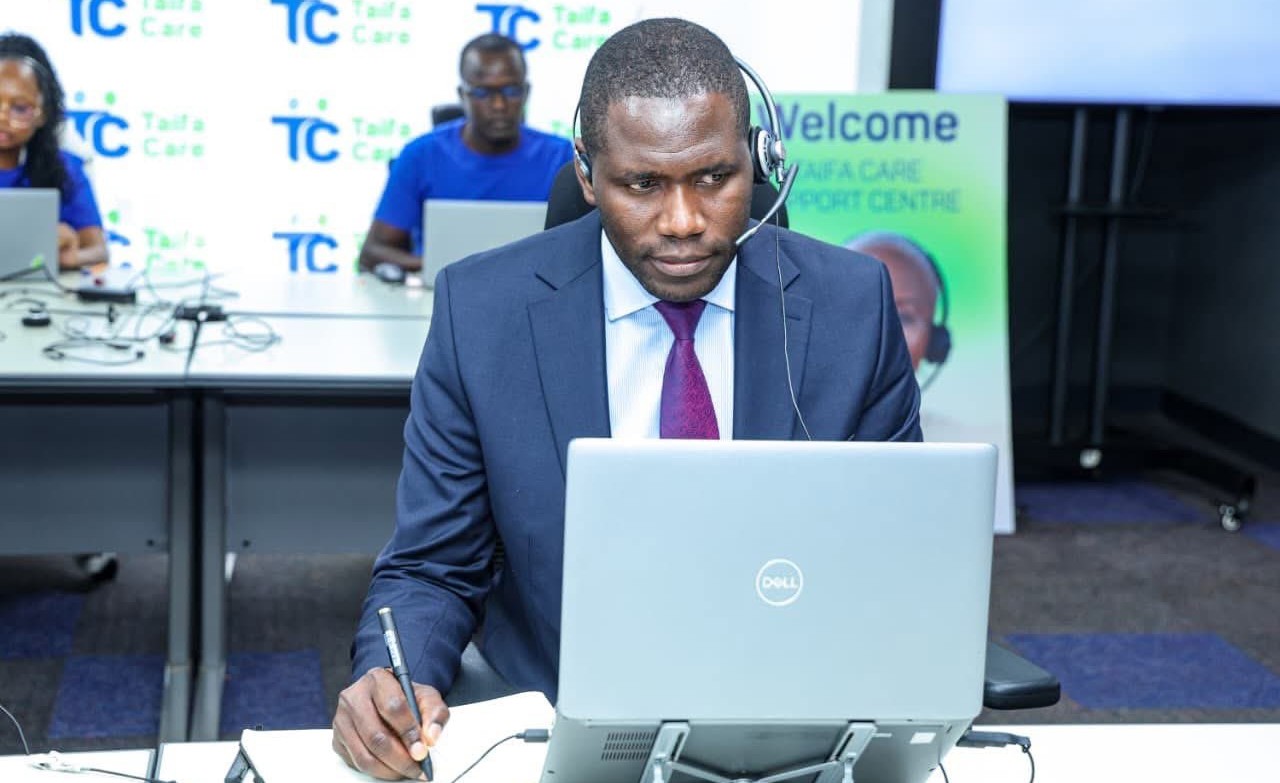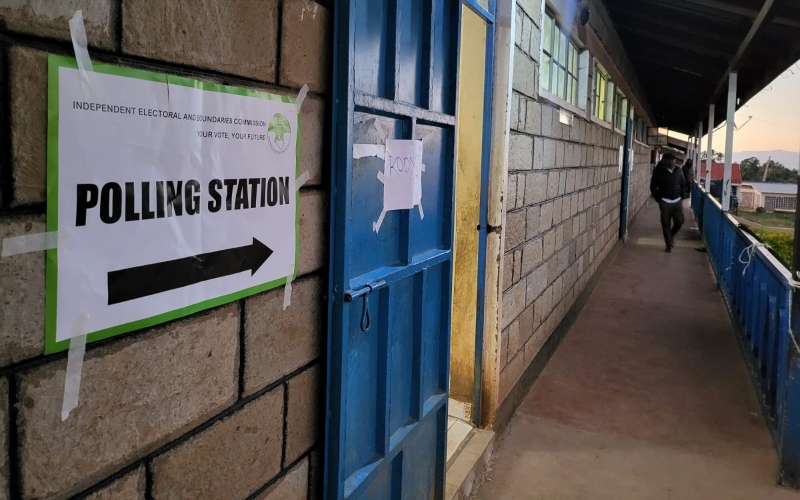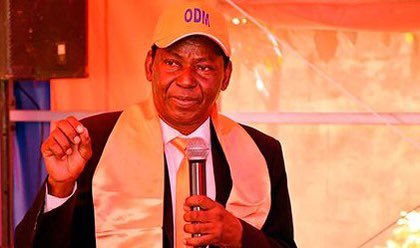Over 2,000 people denied SHA services daily due to ID, phone mismatch - PS Oluga

Oluga said the challenge has left thousands of Kenyans, particularly young people and low-income earners, unable to benefit from SHA because their SIM cards are often registered under different ID numbers, commonly belonging to parents or relatives.
At least 2,000 people out of the over 6,000 who contact the Social Health Authority (SHA) call centre daily are denied access to services due to mismatches between their national ID numbers and mobile phone registrations, Medical Services Principal Secretary Ouma Oluga has revealed.
Speaking during a stakeholder forum at the Coast General Teaching and Referral Hospital in Mombasa, Oluga said the challenge has left thousands of Kenyans, particularly young people and low-income earners, unable to benefit from SHA because their SIM cards are often registered under different ID numbers, commonly belonging to parents or relatives.
More To Read
- TSC sued over teachers’ migration from MINET insurance to SHA
- Kenya unveils advanced bronchoscopy programme at KNH to strengthen respiratory care
- Ruto announces increase in cancer treatment cover to Sh800,000 under SHA from December 1, 2025
- Government to review SHA packages amid calls for better cancer care
- Senate probes detention of new mothers in hospitals over unpaid bills
- Ruto targets faster healthcare access with KEMSA direct medicine deliveries to hospitals
“We receive an average of 6,000 calls at the SHA call centre every day. Over 2,000 of those are from people whose ID and SIM card details do not match. The system automatically rejects their applications,” Oluga said.
He added that a large segment of the population is still unregistered due to a lack of national identification cards.
“We have entire households, especially in informal settlements and rural areas, where no one has a valid ID. Without it, they simply cannot enrol,” he said.
Oluga also noted that at the call centre, most inquiries relate to changes in phone numbers, which interfere with access to pre-authorisation for medical services.
“TaifaCare Call Centre receives between 3,000 to 6,500 calls every day, with the majority of calls relating to change of phone numbers, thus interfering with access to pre-authorisation for medical services. More than 1 million Kenyans have so far utilised the Call Centre,” he said.
He urged chiefs and community health promoters (CHPs) to step in and identify undocumented residents, with a particular focus on vulnerable groups such as street children and the elderly.
Kenyans are required to call 147 or dial *147# and have all the answers about SHA.
The PS also commended community health promoters (CHPs) for their crucial role in delivering primary healthcare under the Universal Health Coverage (UHC) framework.
He acknowledged that CHPs form the backbone of the primary healthcare system, providing essential services directly to households, particularly in rural and underserved areas. He pledged to collaborate closely with CHPs and support their efforts in promoting primary healthcare across the country.
During his visit, Oluga also assessed ongoing improvements in specialised care by inspecting key facilities, including the Cardiac Catheterisation Laboratory, the Paediatric Accident and Emergency Centre, the Newborn Unit, and the Cancer Radiotherapy Centre.
He said these centres signify significant progress in strengthening specialised and critical care services for the coast region and beyond.
Top Stories Today
















































